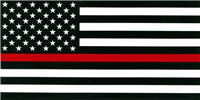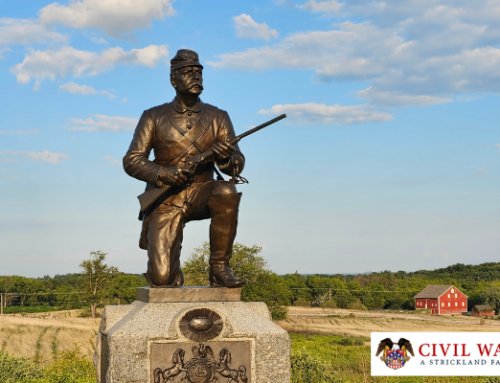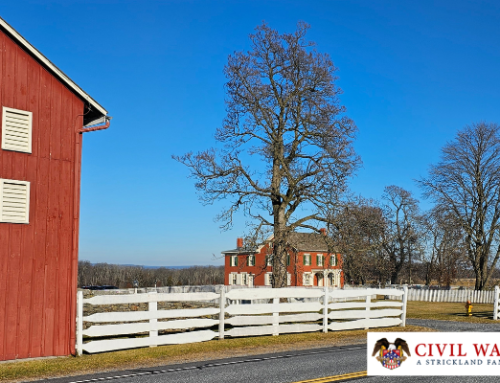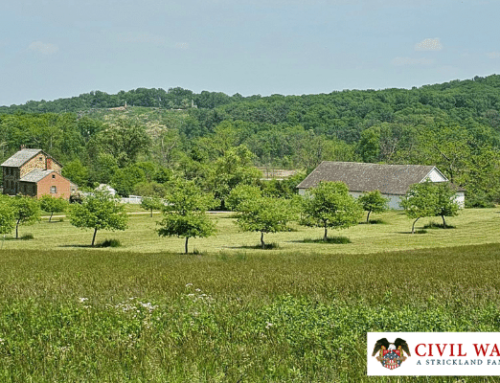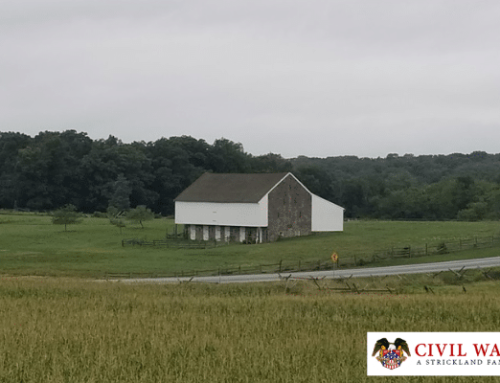The Evolution of First Responders: Tracing Their History and Role in the Civil War
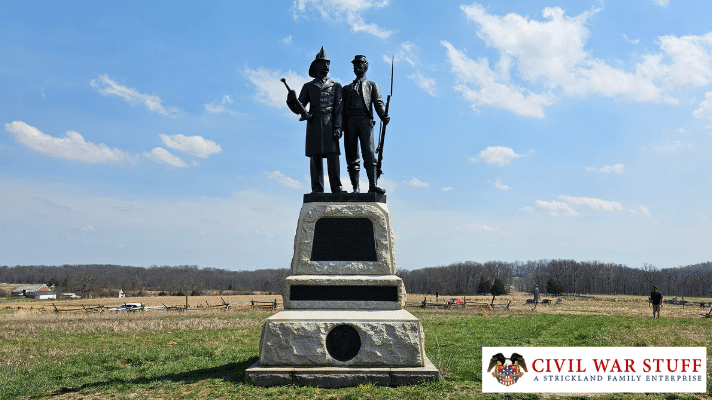
In times of crisis and emergencies, there are those who are the first to respond, often risking their own lives to save others. The history of first responders, including police, fire, and medical personnel, is a story of courage, sacrifice, and evolution. From ancient to modern times, these brave individuals have played a crucial role in safeguarding communities and providing aid during disasters. One significant chapter in their history unfolded during the American Civil War, highlighting their vital role during one of the nation’s most tumultuous periods.
Ancient Roots and Early Developments
The concept of first responders can be traced back to ancient civilizations such as Egypt, where organized fire brigades existed as early as 300 BCE. These brigades were tasked with combating fires and providing basic medical aid. Similarly, in ancient Rome, groups of firefighters known as “vigiles” patrolled the streets to prevent and respond to fires.
Over time, the need for organized law enforcement became apparent, leading to the establishment of early policing systems in various societies. In England, the creation of the Bow Street Runners in the 18th century marked a significant development in modern policing. These early constables were tasked with maintaining order and apprehending criminals in London.
The Civil War Era: A Crucible for First Responders
The American Civil War, which raged from 1861 to 1865, presented unprecedented challenges for first responders. With the nation divided along ideological lines, the conflict resulted in widespread casualties and destruction. In this tumultuous era, the roles of police, fire brigades, and medical personnel were more crucial than ever.
Police and Law Enforcement
During the Civil War, law enforcement agencies faced unique challenges as they grappled with maintaining order in communities torn apart by conflict. In the Union states, police forces were tasked with enforcing wartime measures such as conscription and suppressing dissent. Meanwhile, in Confederate territory, local law enforcement often operated in tandem with military authorities to uphold martial law and ensure compliance with Confederate policies.
One notable aspect of law enforcement during the Civil War was the role of provost marshals, who served as military police responsible for maintaining discipline among soldiers and civilians alike. These marshals played a vital role in apprehending deserters, enforcing curfews, and preventing acts of sabotage.
Firefighters and Civil Defense
The Civil War presented numerous fire hazards, ranging from the destruction caused by artillery bombardments to the risk of accidental blazes in military encampments and civilian areas. Fire brigades in both the North and the South were called upon to respond to these emergencies, often facing dangerous conditions and limited resources.
In addition to their traditional role of extinguishing fires, firefighters during the Civil War also played a crucial role in civil defense efforts. They assisted in the evacuation of civilians from war-torn areas, provided emergency medical aid, and worked alongside military engineers to combat fires resulting from enemy action.
Medics and Field Hospitals
Perhaps no group of first responders faced greater challenges during the Civil War than medical personnel. With the scale of casualties unprecedented in American history, field hospitals and medical personnel were overwhelmed by the sheer number of wounded soldiers.
Despite these challenges, Civil War medics made significant advancements in battlefield medicine, including the widespread adoption of anesthesia, improved surgical techniques, and the establishment of organized systems for evacuating and treating the wounded. Their tireless efforts saved countless lives and laid the groundwork for modern military medicine.
Legacy and Continuity
The contributions of first responders during the Civil War laid the foundation for the modern emergency response systems we rely on today. Their courage, innovation, and sacrifice continue to inspire those who serve on the front lines of emergencies, reminding us of the enduring importance of their role in safeguarding communities and saving lives. From ancient civilizations to the present day, the evolution of first responders remains a testament to the indomitable spirit of humanity in the face of adversity.




